Article not found
This article is no longer available. But don't worry—we've gathered other articles that discuss the same topic.
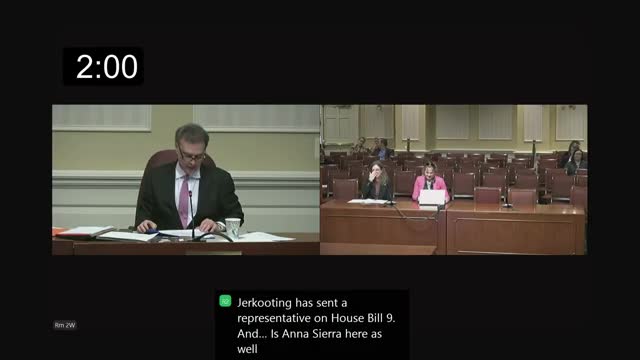
Bill updates Food System Resiliency Council language to federal definitions and expands policy role
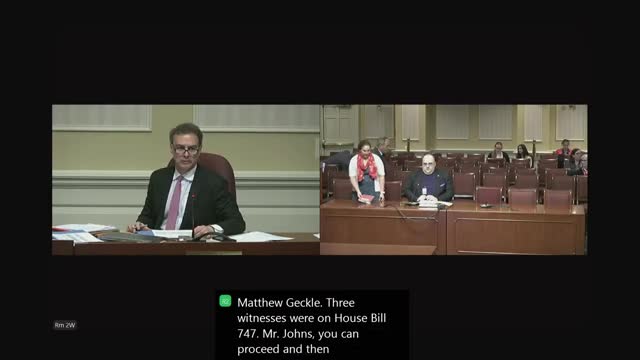
Bill would require septic inspections at many property transfers to curb failing systems
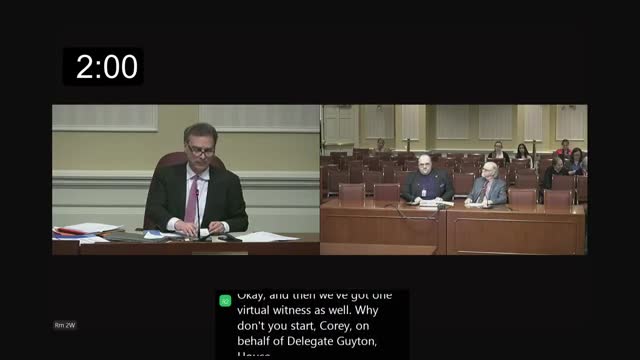
Bill would require lower‑temperature outdoor lighting for state projects to curb light pollution

Delegate Lehman’s bill would ban single‑use plastic yard waste bags from state collections
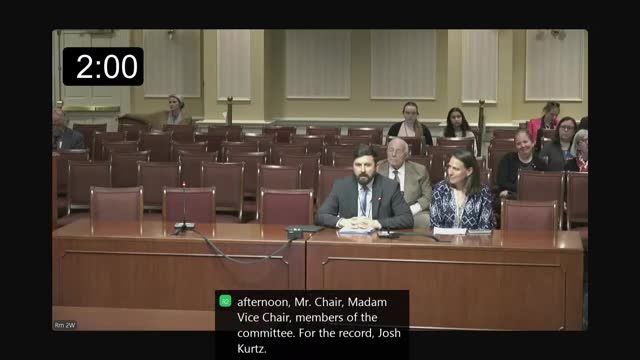
Bill would move Summers Cove Marina fiscal responsibility to DNR, create special fund
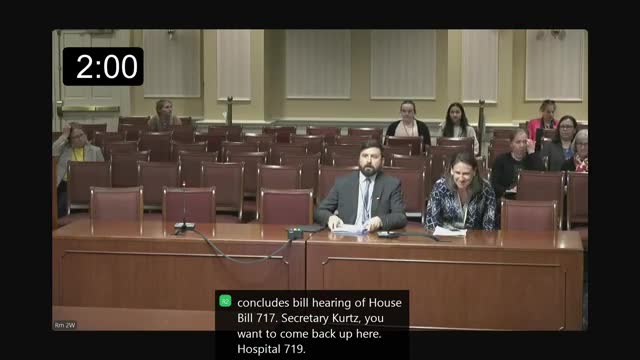
DNR proposes higher boat title and registration fees to shore up waterway funds
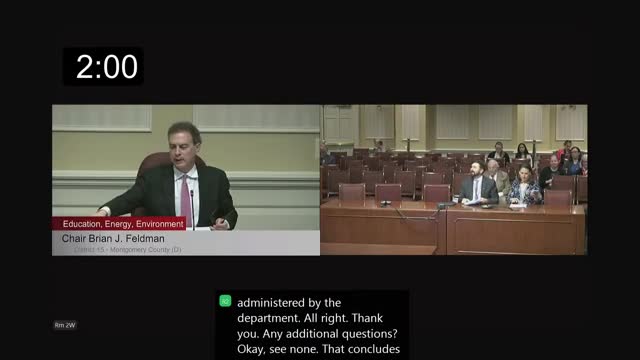
DNR seeks new foundation, funding flexibilities under Great Maryland Outdoors Act changes

